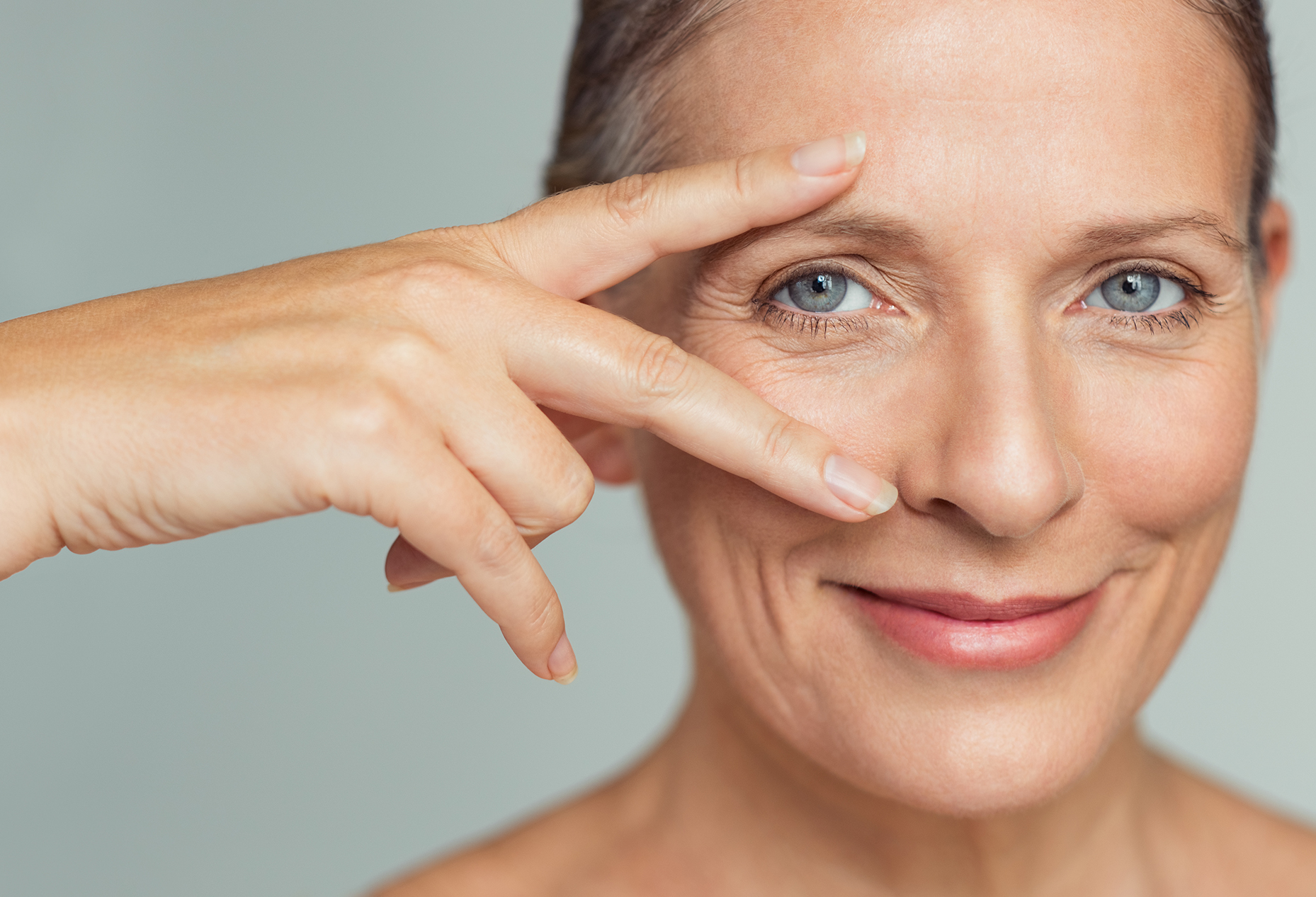by Bethany C. Bray, MD, Lexington Medical Eye Care Associates
Protecting your eyes is essential for maintaining good vision and overall eye health. Here are six of the most important things you can do:
1. Wear Sunglasses
Prolonged exposure to ultraviolet (UV) rays can cause damage to the cornea, lens, and retina, increasing the risk of cataracts and macular degeneration. Look for sunglasses labeled 100% UVA and UVB protection.
For added comfort, choose polarized lenses to reduce glare, especially while driving or spending time near water.
2. Control Blood Pressure, Blood Sugar and Cholesterol Levels
Systemic blood pressure, blood sugar levels, and cholesterol levels can significantly impact the health of your eyes by damaging the blood vessels in the retina, potentially leading to vision problems like diabetic retinopathy, macular degeneration, and even vision loss, particularly if these levels remain uncontrolled over time.
3. Follow the 20-20-20 Rules
Continuous screen use can lead to digital eye strain, also known as computer vision syndrome, which causes dry eyes, headaches, and blurred vision. To reduce digital eye strain, every 20 minutes, look at something 20 feet away for 20 seconds. This helps relax your eye muscles and prevent fatigue caused by prolonged screen use.
Adjust your screen brightness to match your surroundings and ensure proper posture to reduce eye strain further. Blink frequently to keep your eyes moist.
4. Eat a Balanced Diet
Include foods rich in vitamins A, C, and E, as well as omega-3 fatty acids, lutein, and zinc. Vitamin A, essential for night vision, is abundant in carrots and sweet potatoes. ). Omega-3 fatty acids are found in fish like salmon, and zinc is found in eggs, nuts, and beans. Leafy greens like spinach and kale are high in lutein and zeaxanthin.
It’s also important to drink plenty of water to prevent dry eyes, especially in air-conditioned or heated environments.
5. Wear Protective Eyewear
Use safety glasses or goggles when engaging in activities that could harm your eyes, such as sports, home repairs, or working with hazardous materials.
6. Get Regular Eye Exams
Schedule comprehensive eye exams with an eye doctor, even if you don’t wear glasses. Adults should have a comprehensive eye exam every 1-2 years, depending on their age and risk factors. Children also benefit from early eye exams to catch vision problems that could affect learning.
Eye exams can detect conditions like glaucoma, diabetic retinopathy, and macular degeneration early, before symptoms appear. Many eye diseases, like glaucoma or diabetic retinopathy, progress silently without symptoms. Early detection is key to preventing vision loss.
By incorporating these practices into your routine, you can maintain healthier eyes and potentially prevent long-term vision issues.

Bethany C. Bray, MD, Lexington Medical Eye Care Associates






Leave a comment